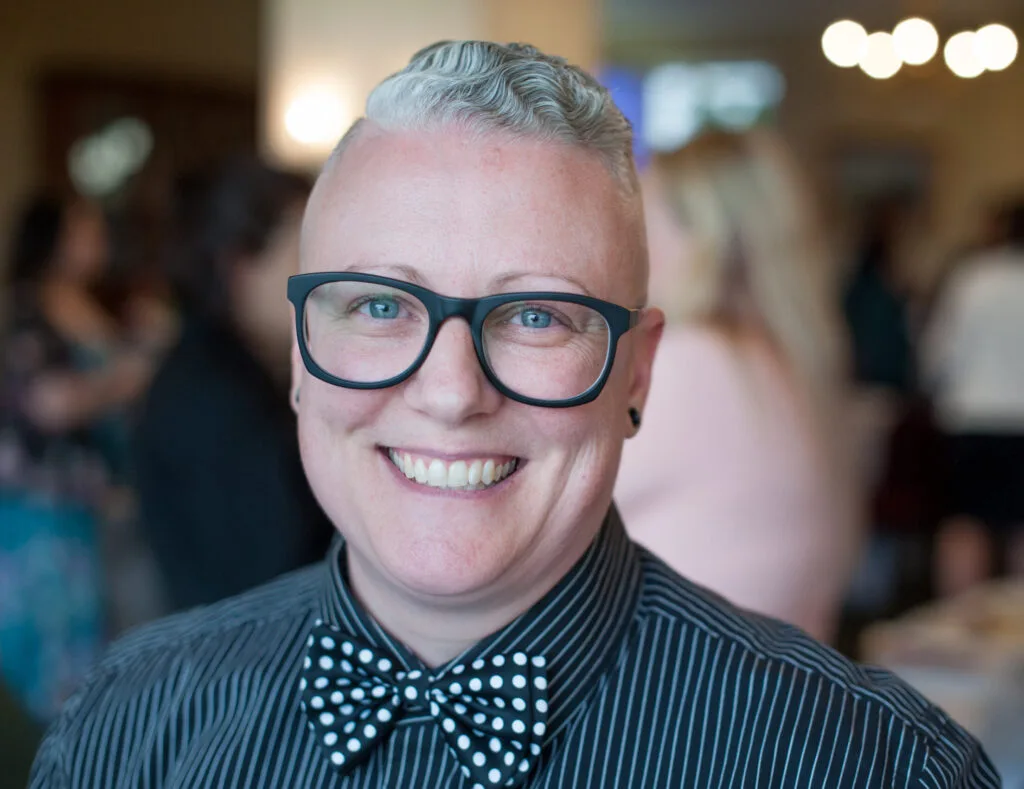
Author’s Note: A version of this piece was published in the Hartford Courant on March 27, 2021. Through numerous email and phone exchanges over the course of two weeks, I conceded to changes to its contents to make the op-ed viable for publication. Those changes included removing any reference to the relationship and gender of the person who harmed me because he was never prosecuted and removing any references to Allen’s guilt because he too was never found legally responsible. It also required the removal of any wording that demonstrated my believing Dylan Farrow’s story and instead including the words “alleged” and “allegation” in reference to her lived experiences. There remains significant work to be done to challenge systems and institutions who contribute to shielding those who cause harm from accountability, especially where there are so few options available to victims and survivors to seek support, healing, restoration and justice. With all we know about the prevalence and impacts of sexual violence, we owe it to survivors to do better.
Like so many, I watched the recent documentary series Allen v. Farrow each week wondering just how far we’ve come since Dylan Farrow’s abuse first became a headline in 1992. At that time, I was thirteen and the media coverage surrounding this case was the backdrop for my own tumultuous experience of disclosing years long sexual abuse at the hands of a relative
entrusted with my care. I was quickly shuffled into a criminal justice process that I did not understand or want to participate in and spent the rest of my childhood desperately hoping that no one at school would find out. I paid a lot of attention to how the adults around me talked about and readily dismissed the experiences of another child and I wondered what that meant about me. When I watched the news, I was thankful to not be on display like Dylan, who I very much identified with. I also knew even before sharing what happened that the person who had hurt me would not be held accountable for his actions just like Allen.
While some things have changed since 1992, such as improved processes for child forensic interviews and more training for professional working with children to identify abuse, there is much that has remained the same. There is little proof that rates of sexual violence have decreased and the rates of prosecution for sexual assault crimes have not increased. The systems that so clearly failed the Farrow family, and especially little Dylan, have improved some but far too many children continue to hear that they are not believed or there is nothing that can be done to hold those who harm them responsible. While reverberations from the #MeToo movement have created more space for conversations about the impacts of sexual violence and harassment on survivors, accountability for those who cause harm continues to be hard to come by. Woody Allen is a perfect case in point.
Watching Allen v. Farrow nearly 30 years after Dylan Farrow’s abuse was made public and with children of my own, was another stinging reminder of how much work there still is to do. The rates of childhood sexual abuse are staggering and we still do not know the true prevalence because of the lack of substantive investment in measuring, researching, preventing and
responding to sexual violence. Established systems of accountability have not curbed the perpetration of sexual violence. As a society, we continue to have difficulty naming and interrupting the grooming of children and families even when those behaviors themselves constitute abuse.
Victim blaming remains prevalent and keeps so many survivors silent at great cost to their physical and mental health and well-being. The painful messages I internalized as a child about survivors being unreliable and unworthy of support are the same messages we work to counter at The Alliance three decades later. It remains my greatest hope that my work, and the work of countless other survivors like Dylan, will result in challenging and convincing systems, communities, and individuals to do better. Children deserve better. Sexual violence thrives on silence and complicity, and it is only when we name it and believe survivors that we can end it.
The Connecticut Alliance to End Sexual Violence and its nine community-based sexual assault crisis services centers exist to create communities free from sexual violence and to provide culturally affirming, trauma-informed advocacy, prevention and intervention services centered on the voices and experiences of survivors. If you or someone you know needs support,
advocacy, or information please call our free and confidential hotline at (888) 999-5545 (English) or (888) 568-8332 (Español) or visit www.EndSexualViolenceCT.org for more information.
We believe you. You are not alone, and we are here for you.
Bethany Hamilton
Executive Director
Connecticut Alliance to End Sexual Violence
beth@endsexualviolencect.org
